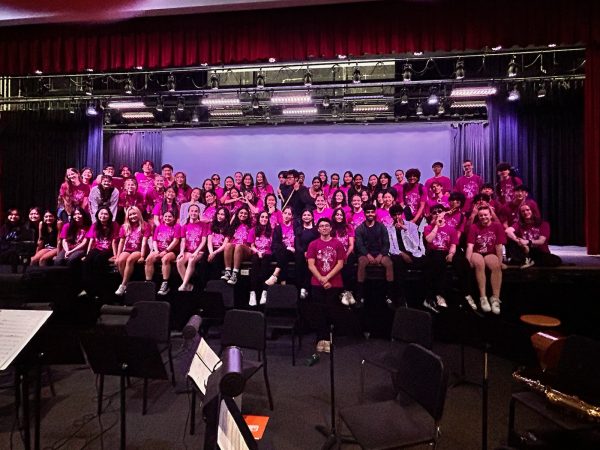GPS v.s. Our Brain
Stop and think for a second. Envision how to walk, bike, or drive to school. Then think about how to travel to the Syracuse airport. Those who can complete this second task can likely envision a spatial map to determine a path to bring them to most destinations, or at least in the nearby vicinity. These individuals probably have a larger hippocampus than others. In modern society, this largely relates to not depending too heavily on Global Positioning System (GPS).
The research is still new and developing, but multiple studies have shown it is likely that GPS is causing weakening of the hippocampus, a part of our brain that may allow people to be able to picture oneself in the future and encode conscious memories of prior experiences. This could potentially lead to earlier onset dementia. A study reported by L. Dahmani and V.D. Bohbot found that people who used maps to find their way constructed far more detailed maps of their route afterwards than those relying on GPS. Using GPS requires us to use the part of the brain tasked with following directions (caudate nucleus). As the hippocampus is more involved with memory, we are more likely to remember processes we create out of this part of our brain. Try to recall a road trip you took somewhere with GPS and one you took without it. You should remember more landmarks when you aren’t focused on the screen and instead taking in the environment.
In fact, topophilia, a love for a specific place, often is restricted from emerging with GPS. Do you really want to live the rest of your life dependent on your phone to take you somewhere, like a blindfolded prisoner brought to the villain’s secret headquarters? If you use GPS strategically, and let your brain do some of the work, you can still turn back from this path. Vox News and the Washington Post Online both emphasized that London taxi drivers have significantly larger hippocampi than non-taxi drivers as they are required to remember all the streets of London. The research is very clear that people with this characteristic developed it from their job and did not choose taxi-driving because they were better at navigation.
Even though our peak age of navigational skills is 19, your brain can grow at any age; do not let an initial struggle hinder your progress. Orient yourself or memorize the directions before entering “Live Nav,” or use the GPS on the way there, but not the way back. It has its benefits, like avoiding traffic jams, or preventing getting lost. Still, there are a lot of practical issues with our reliance on GPS as well. A French bus driver recently typed in the wrong destination and brought the passengers 800 miles in the wrong direction before realizing their mistake. Is using GPS in the name of “ease” or “efficiency” worth rotting our brain?
Hudson Brenner is a co-features editor. His password is the last 8 digits of pi, although he is contemplating changing it to the next 16 to accommodate...





